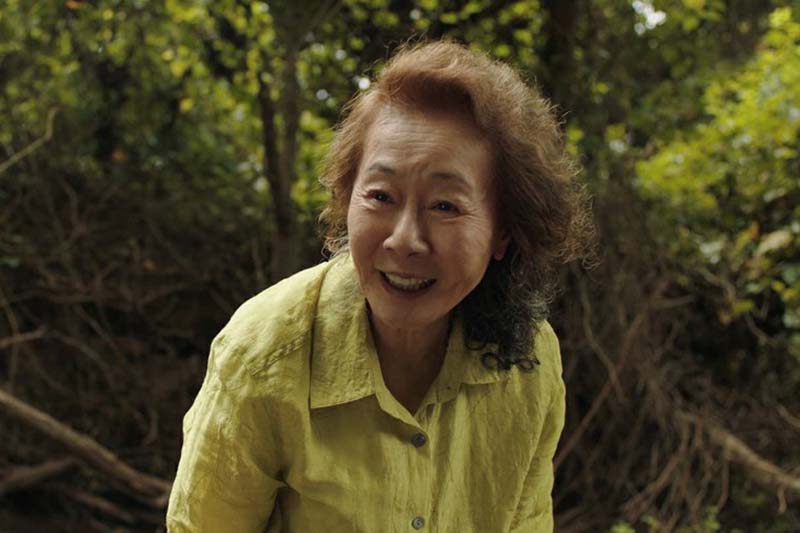

When Youn Yuh-jung was asked how she felt about being called the “Meryl Streep of South Korea” in a recent interview, she said she’s flattered by the comparison. But she had her own introduction.
“I am just a Korean actress in Korea,” 73-year-old actor said. “My name is Yuh-jung Youn. So I like to be myself.”
Youn needs no introduction in South Korea, with a film career spanning over five decades. But she’s just being discovered by audiences outside the country through “Minari,” a semi-autobiographical film based on the childhood of Korean-American director Lee Isaac Chung about a family moving to rural Arkansas to start a small farm.
Youn plays Soonja, who moves from Korea to join her daughter and step-son and develops a tender yet comical relationship with her grandson David (Alan Kim), the only member in the family born in the United States.
The film wowed at Sundance and has been a top contender during Hollywood’s awards season, winning best foreign language film at the Golden Globes and scooping up six nominations at the British Film Academy Awards.
When Oscar nominees are announced Monday, Youn is likely to be included in the supporting actress category. She’s said she hasn’t given much thought about scoring an award, saying it “would be something I can’t and won’t imagine, so I don’t know… For me, an award means getting next work.”
Born in 1947, she shot to fame in South Korea with her 1971 debut “Fire Woman.” While at the peak of her career, she married popular singer Cho Young-nam, who convinced her to move to the U.S. together so he could perform at pastor Billy Graham’s church.
Youn said she was offered a role in a Christian film and stayed with a director in Florida for eight months to try to learn English. It didn’t work out.
“The project disappeared because I couldn’t speak English,” she said, laughing.
Youn lived in the U.S. for nearly a decade, not performing, before returning to South Korea, where she split from Cho and returned to acting.
She said the U.S. was considered a “dream land” by Asian American immigrants in the 1970s and ’80s, when “Minari” is set. But she said it’s difficult for her to “fully understand” and identify with their struggles including dealing with identity crises and anti-Asian racism.
“Second-generation Asian Americans think they are Americans but in the eyes of Americans, they don’t look American,” Youn said. “There must be a dilemma like that.”
Youn said she was impressed by the “realistic and genuine” script from Chung, who gave her the freedom to tweak her character and dialogue, including an impromptu scene where Soonja steals a $100 donation made by her daughter from a church’s honorarium plate.
Youn said when she suggested the scene, Chung was slightly hesitant because he’s a “very devout Christian,” but ended up filming it: “I really appreciated Isaac for accepting all of my